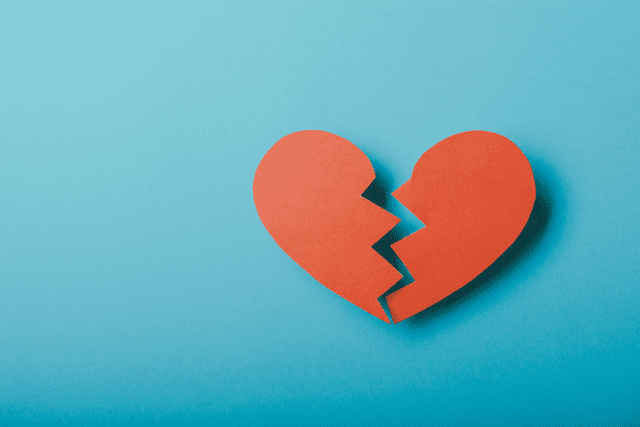5 Ways to Stay Sober When Recovering From a Breakup
Recovering from a breakup can be difficult, and it can be even harder when you’re also trying to maintain sobriety.
Like sobriety itself, the path to healing after the end of a relationship is rarely linear. There can be plenty of ups and downs, and times when you question your ability to move forward. Substance abuse and drinking after a breakup aren’t necessarily guarantees, but for those in recovery, it helps to have a plan to prevent harmful behaviors from resurfacing. The more you can prioritize mental health and sobriety, the better prepared you’ll be to focus on healing instead of allowing your emotional responses to take you off course.
Recovering from a breakup isn’t an overnight process, but it does happen eventually. So how can you stay sober while you find your footing? Here are five tips that can help.
- Write it Out
Writing is a fantastic way to observe and untangle your thoughts. This can be particularly therapeutic in the post-breakup period, when many individuals are driven to drastic conclusions without taking the time to examine what got them there. If you’re not sure where to start, give yourself a prompt, such as “Why am I better off now?” or “What lessons did I learn from this relationship?” You can also address your sobriety directly, with prompts like “Why being sober will help me move forward.” The key is to tackle your thoughts head on, instead of letting them spiral out of control.
- Get active
There’s a connection between physical activity and relapse prevention. So even while the last thing you might want to do is get out of bed or off the couch, forcing yourself to get moving after a breakup can be critical to maintaining your sobriety. It doesn’t have to be anything intense, but walking, riding your bike, or taking an in-person or virtual yoga class are all ways to channel your energy in a productive way and help you maintain your sobriety.
- Go volunteer
We’ve talked before about the benefits of volunteering in recovery, which include things like improving self-esteem, building community, and filling up your time. And all of these benefits are especially useful when you’re dealing with a breakup. Volunteering gets you out of your head and puts the focus on others. It also serves to distract you, and to remind you that you’re not the only one having a tough time. Look for a volunteer opportunity that speaks to you and that you’re truly interested in and enjoy the many therapeutic benefits that come with giving back.
- Reach out to your support system
One of the reasons that relationships in early recovery aren’t recommended is that breakups can be incredibly isolating experiences. And when you feel isolated, it’s easy to fall back into dark places. Cushion yourself against the blow by keeping your friends and family close and confiding in them about how you’re feeling. The more you can open up to people who you trust, the less alone—and less triggered—you’ll feel.
- Seek out professional help
You are not alone in preventing a relapse. Recovery support groups and professional mental health providers can both be instrumental in helping you navigate your way through a breakup, regardless of how close you feel you are to actually using. Nobody understands what you’re going through more than people who are themselves familiar with the day to day process of recovery, so ask for help when and if you need it—and accept it in return.
Help with Healing After Breakup
Staying sober after a breakup might not be easy, but it isn’t impossible either. The tips above can go a long way toward helping you find your way to the other side safely and healthily, keeping you sober and helping you heal faster.
In need of more support? We’re here for you. Contact us today to schedule an appointment and get professional help when you need it most.




